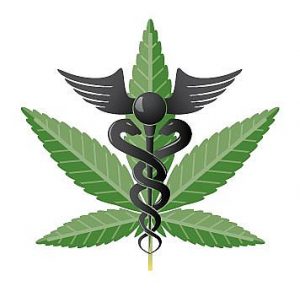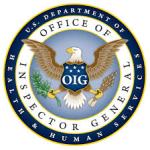By: Jeff Cohen
For those following the federal legislative developments on the issue of compensating marketing people who market the services of labs and addiction treatment facilities there is a new update to take note of. Congress passed on October 24, 2018 the “Substance Use-Disorder Prevention that Promotes Opioid Recovery and Treatment for Patients and Communities Act.” Yes, that’s a real name! Part of the law is the Eliminating Kickbacks in Recovery Act of 2018 (“EKRA”).
The core aspect of EKRA has to do with how to properly compensate marketing personnel who market the services of labs, addiction treatment facilities and recovery homes. For those of you already familiar with existing federal law pertaining to compensation arrangements (e.g. the bona fide employee exception (the “BFE”) and the personal services arrangement and management contract safe harbor (the “PSA”)), the EKRA provisions will look familiar! Key aspects of this law (which has to be read together with similar existing laws) include—Continue reading

 By:
By:  By:
By:  By:
By:  By:
By: 


